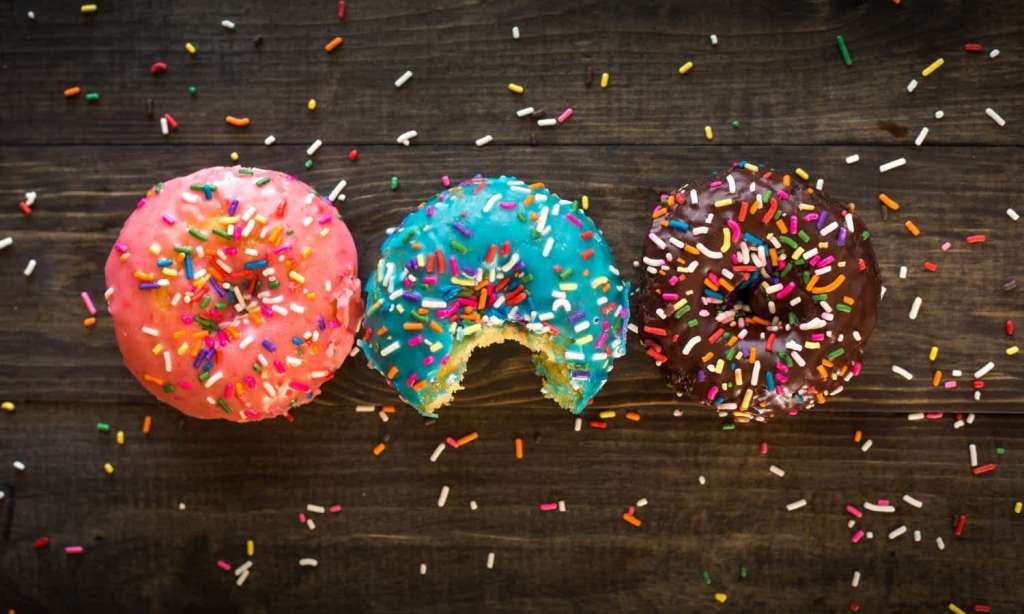Reaching for chocolate, chips, lollies or whatever your particular poison is after a stressful day is pretty standard behaviour.
Known as stress or comfort eating, it’s a common method people use to self-soothe. But, emotional eating can become an issue when feelings of guilt or shame creep in, creating an unhealthy cycle.
New research out of the University of Salzburg and the University of Luxembourg has found that there could be a biological reason why some people turn to food as an emotional crutch, as reported by mindbodygreen.
The study contained 80 participants — all who identified as female — between the ages of 16 to 50 years old. Researchers showed the participants neutral images as well as images of food following conversations that were either negative or neutral.
From here, the participants were split into two groups — emotional eaters and restrained eaters, who didn’t seem to use food as an emotional fix. The eating habits, emotions and appetite response of participants when shown certain imagery was then tracked.
When it came to the appetite response, researchers relied upon self-reported data from participants as well as the recording of facial expressions and brain activity.
The data revealed that emotional or comfort eaters actually experienced a stronger appetite when they felt negative emotions. This group also frowned less when viewing images of food while in an emotional state.
The researchers also found that the restrained eaters experienced little change in appetite when feeling both negative and neutral emotions.
These findings indicate that mindfulness is an effective way to regulate the emotions that can lead to overeating.
“When trying to improve eating behaviour, emotion regulation strategies that do not rely on eating as a remedy for negative emotions seem promising,” said co-author of the study, Rebekka Schnepper.
There’s nothing wrong with eating foods that bring you joy but if food is being used as a regular coping mechanism, that could be considered unhealthy behaviour.
There are many reasons why people turn to food for comfort, but if you think you might be engaging in disordered eating behaviours, there are organisations you can turn to for help, including The Butterfly Foundation and the National Eating Disorder Collaboration.
The Butterfly Foundation provides confidential support for those with eating disorders, people with body image issues, family members and friends or simply anyone with a question about eating disorders or negative body image.
You can call The Butterfly Foundation’s helpline on 1800 ED HOPE (1800 33 4673) from 8am to midnight, seven days a week. Otherwise, head to The Butterfly Foundation website and speak to a health professional via online chat or email.
The Butterfly Foundation doesn’t just deal with anorexia and bulimia, but also binge eating, disordered eating and orthorexia, which is an obsession with healthy, or “clean” eating.







